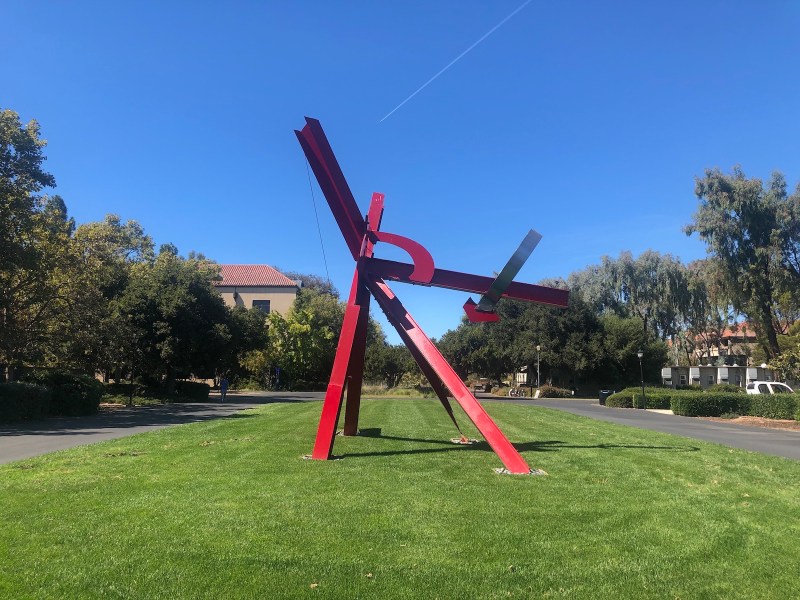The Academic Mutual Aid Foundation (AMAF), an organization that facilitates mutual aid among students and workers in higher education, fiscally sponsored the Basic Needs Fund (BNF) in September.
The AMAF, through its sponsorship, will help the BNF strengthen its financial infrastructure, including its banking, reporting and accounting services. The sponsorship will enable the BNF to access benefits similar to those of non-profit organizations, allowing the group to receive larger donations.
The BNF, a fundraiser organized by the Basic Needs Coalition, was established in August to support students and their families struggling to meet basic needs after Stanford’s decision not to bring freshmen, sophomores and new transfers on campus in the fall. As of Tuesday, the fund has raised $63,298 of its $100,000 goal, which is used to fulfill housing, food and healthcare requests from students and their dependents.
According to BNF member Thea Rossman ’20 M.S. ’22, one of the driving factors that led the BNF to a fiscal sponsorship was the opportunity to encourage donors to donate dollar amounts in the thousands. In the past, donations have been small dollar amounts, coming largely from community members and the student body.
“Folks who are able to contribute over $1,000, over $2,000, often either are contributing at a level where they want a tax deduction for that or don’t want to be taxed on the funds that they contribute,” Rossman said.
As of Oct. 27, nearly two-thirds of the donations the group has received were $50 or less, and 89% of donations were $100 or less, according to BNF member William Shan ’22. Students who place BNF requests for funds, however, usually ask for amounts over $1,000.
Their efforts appear to be successful. Since the fiscal sponsorship went into effect, the BNF has started to receive larger contributions. Rossman said the BNF has even received anonymous donations of $10,000, far above the mean donation of $83.88.
Postdoctoral research fellow and AMAF President Andrew Watkins said he anticipates the partnership between the BNF and AMAF will be successful, as both organizations share similar values and believe in providing basic resources for campus communities.
As the BNF moves forward with the sponsorship, the coalition’s advocacy-related goals have remained the same. The group’s ultimate goal is to advocate for “further institutional and long-term support from the University,” said BNF member Adonis Rubio ’21. “In the short-term, we are committed to continue to fundraise from donors to try and meet the needs of our students and community during these unprecedented times.”
The coalition is now turning its attention toward preparing for winter break and ensuring students have housing for the coming winter quarter. The BNF is continuing to seek community support as well as recruiting and onboarding new members. Basic Needs Coalition member Sreya Guha ’22 said the coalition is “committed to both meeting current needs and developing long-term advocacy for the implementation of a strong basic needs support system for Stanford students.”
The BNF is also focused on fundraising throughout November, focusing on reaching alumni who may want to support the mutual aid fund. The coalition hopes to expand outreach since the fiscal sponsorship enables the BNF to exist not only as a formalized and centralized community infrastructure, but also as a student-led community infrastructure.
Even if the Stanford administration moves to support basic needs of all students, Rossman said, “There’s still a need for a basic needs fund under marginally different branding, maybe under a different scope and in terms of the amount of money necessary to support it.”
Contact Sandi Khine at sandiwkhine ‘at’ gmail.com.
